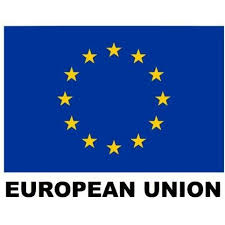
Chad Smith, NAFB News Service
On June 28, 2019, the European Union because the first major partner to strike a trade deal with the Southern Common Market countries known as MERCOSUR (MEHR-coh-soor). They include Argentina, Brazil, Paraguay, and Uruguay. Although the agreement isn’t complete yet, the preliminary analysis by the USDA says U.S. agricultural products that compete with MERCOSUR and E.U. products will be at a significant disadvantage. The agreement eliminates 93 percent of the tariffs on MERCOSUR exports to the EU while offering preferential treatment to the other seven percent. Although a final tariff schedule hasn’t been released, preliminary analysis shows that U.S. agricultural products will be at a significant disadvantage in both markets. U.S. agricultural and related exports to the E.U. averaged 15.4 billion dollars yearly from 2015-2019, and four billion dollars of those exports compete directly with MERCOSUR products, which puts them at particularly high risk. Likewise, preferential status for E.U. products in MERCOSUR will hurt the competitiveness of U.S. products to those South American countries. Ratification of the agreement by the European Union Commission and European Parliament is not a slam dunk given its overwhelming environmental concerns. The E.U. previously rejected the deal last October because of its concerns regarding the Brazilian government’s environmental policies.
